HOW DO CHILDREN LEARN?

Alphachirpy asks:
Do you want to know how children learn?
The experts say we learn in THREE ways:
- The MOTOR skills: We learn to sit up, walk, run, swim, etc.
- The COGNITIVE way: We acquire information; facts. Like what is 2 x 2? What is the capitol of France, what is the Spanish word for water, etc.?
- The AFFECTIVE way: The FEELINGS. We develop FEELINGS. We learn to love, hate, enjoy, hurt, have good feelings, bad feelings, etc.
These are called Domains.
So there are three DOMAINS of learning: Motor, Cognitive, Affective (Feelings)

MOTOR Skills
Hop, Skip, Jump, Walk, Drive, Ski
COGNITIVE: Acquire facts
Like: 2 X 2 = 4, Calitol of France: Paris
AFFECTIVE: Feelings
 Throughout most of history the emphasis has been strongly on the first two: motor and cognitive learning. Research would tell us when the affective learning came to be emphasized.
Throughout most of history the emphasis has been strongly on the first two: motor and cognitive learning. Research would tell us when the affective learning came to be emphasized.
AFFECTIVE MOST IMPORTANT:
But for our non-professional purposes here suffice it to say the AFFECTIVE domain became important by the 1950’s, shortly after World War II. It has become more and more important with each passing decade since then. Today in 2018 the AFFECTIVE (FEELINGS) DOMAIN has become more important with each passing decade, even more so each passing year. It is the central emphasis from pre-kindergarten through university graduate school. And this emphasis has been to the detriment of the other two domains, especially the cognitive.
COGNITIVE NOT IMPORTANT:
Today in education how the student FEELS about things (Anything at all) is what is most important to the field of education, to pedagogy. The COGNITIVE is not very important to the educators anymore.
Now this would not be so bad if the way a student feels about something were about that alone. The feelings, however, are now being swayed by the content of what they learn and how that is conveyed to the students. And the direction of the “sway” is in a certain direction – in the way, or direction the creators of the education programs. The factual parts of what is taught (the cognitive) are included in the curricula but not necessarily based on specific facts which are commonly accepted knowledge. The contents of the curricula is what today’s educators want them to be, not what is observable, referent historical fact. That puts the cognitive in disagreement with the affective. If everybody (Professors of Education, Administrators, even scientists) say thus and so is the truth, then that becomes the truth, regardless of what history (Observed experience; fact) has taught us about each subject.
We have seen this occurring even in math: think the “new math” of the recent past.
We have seen it occurring in spelling: think “creative spelling” of recent time where precision is not required. The word feel can be spelled”fel” and that is ok.
Sadly it has progressed so far that “feling” bad about a low class grade is made better by doing away with grades altogether.
More distressing is in the past few years almost anything is used as an excuse to not even attend class if something (even outside the school, as some political result feels onerous to students) then we do away with classes.
We would really like to know what our readers think about how children learn. Please tell us what you think about our thoughts. Thank you. -Peter Watt
The writer of this post is not a professional “academic,” but one who has closely observed the field of lower education for over 30 years. He is not an ideologically locked-in insider, but an outsider who can see at least some of the trees for the forest.
This Post brought to you by: Alpha-Phonics: an easy, simple, effective, systematic phonics reading instruction program well appreciated in the Homeschool World.
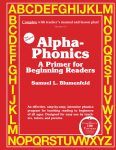
Alpha-Phonics A Primer for Beginning Reader
Our Mission: To help teach the Three R’s, especially reading to as many young people as possible in a simple, effective and inexpensive manner……so they can read THE WORD.
If your Library doesn’t have Alpha-Phonics ask them to order so you can inspect it.
Alpha-Phonics A Primer for Beginning Readers has, without change, since 1976 been the same very simple, very effective and very inexpensive systematic PHONICS reading instruction program. It has not been changed because it is changeless. It cannot be improved upon. Used successfully by by hundreds of thousands of Parents and Teachers. It has been especially appreciated by HOMESCHOOLING MOMS.

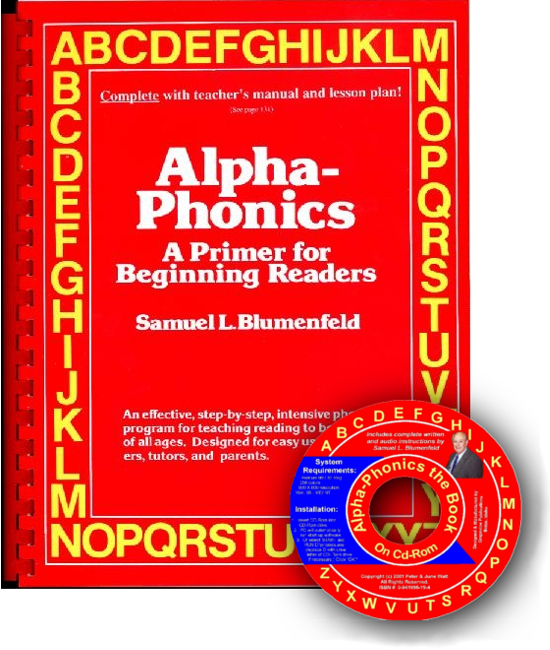 Alpha-Phonics
Alpha-Phonics The Alphabet Song!
The Alphabet Song! Water on the Floor
Water on the Floor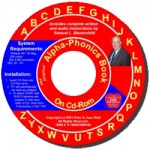 Alpha-Phonics the Book on CD Rom
Alpha-Phonics the Book on CD Rom Blumenfeld Oral Reading Assessment Test
Blumenfeld Oral Reading Assessment Test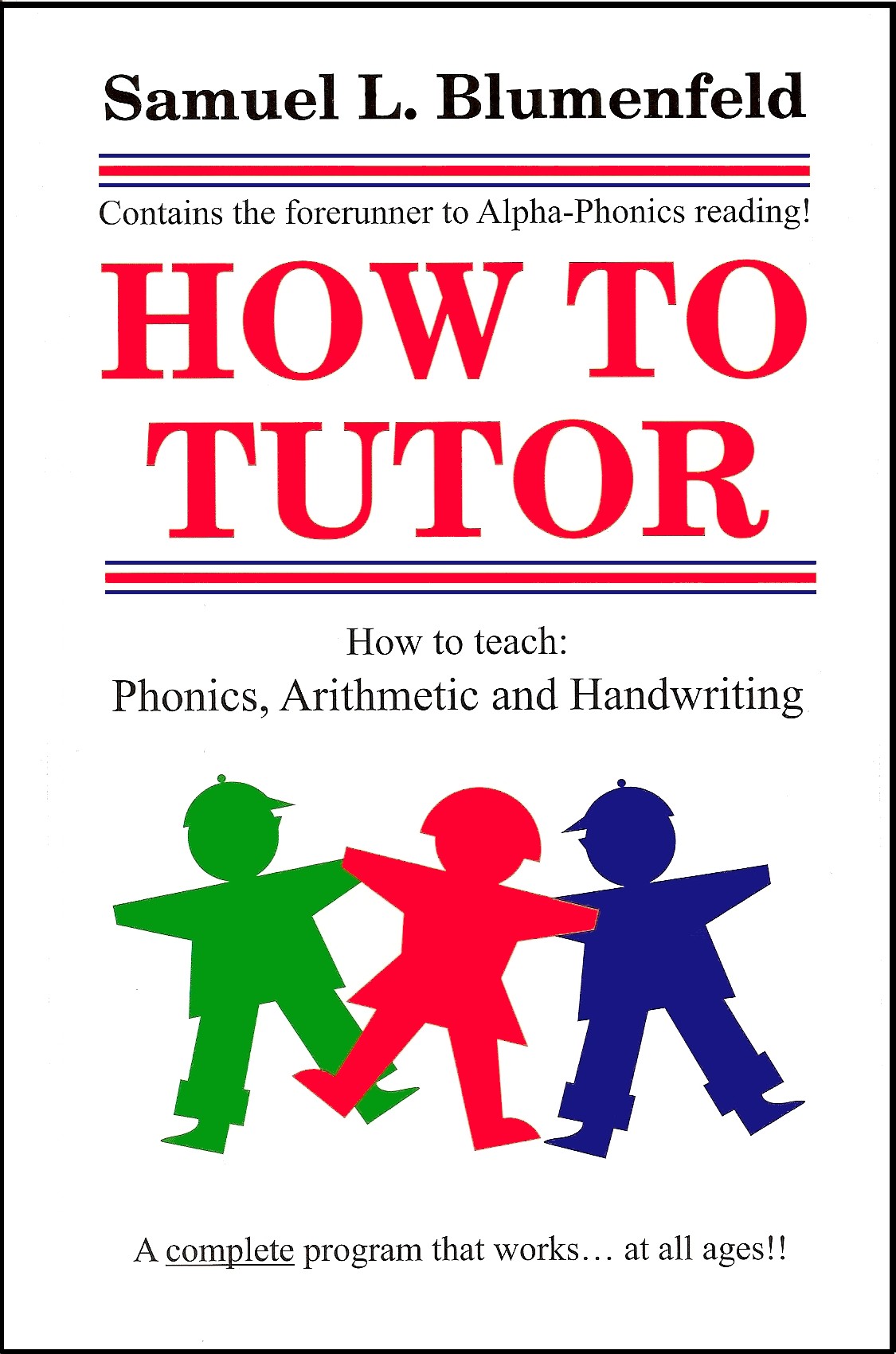 How To Tutor
How To Tutor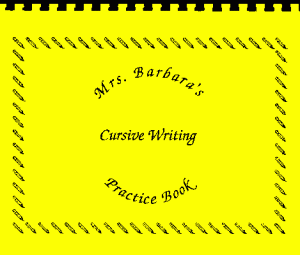 How To Tutor Cursive Handwriting Workbook
How To Tutor Cursive Handwriting Workbook